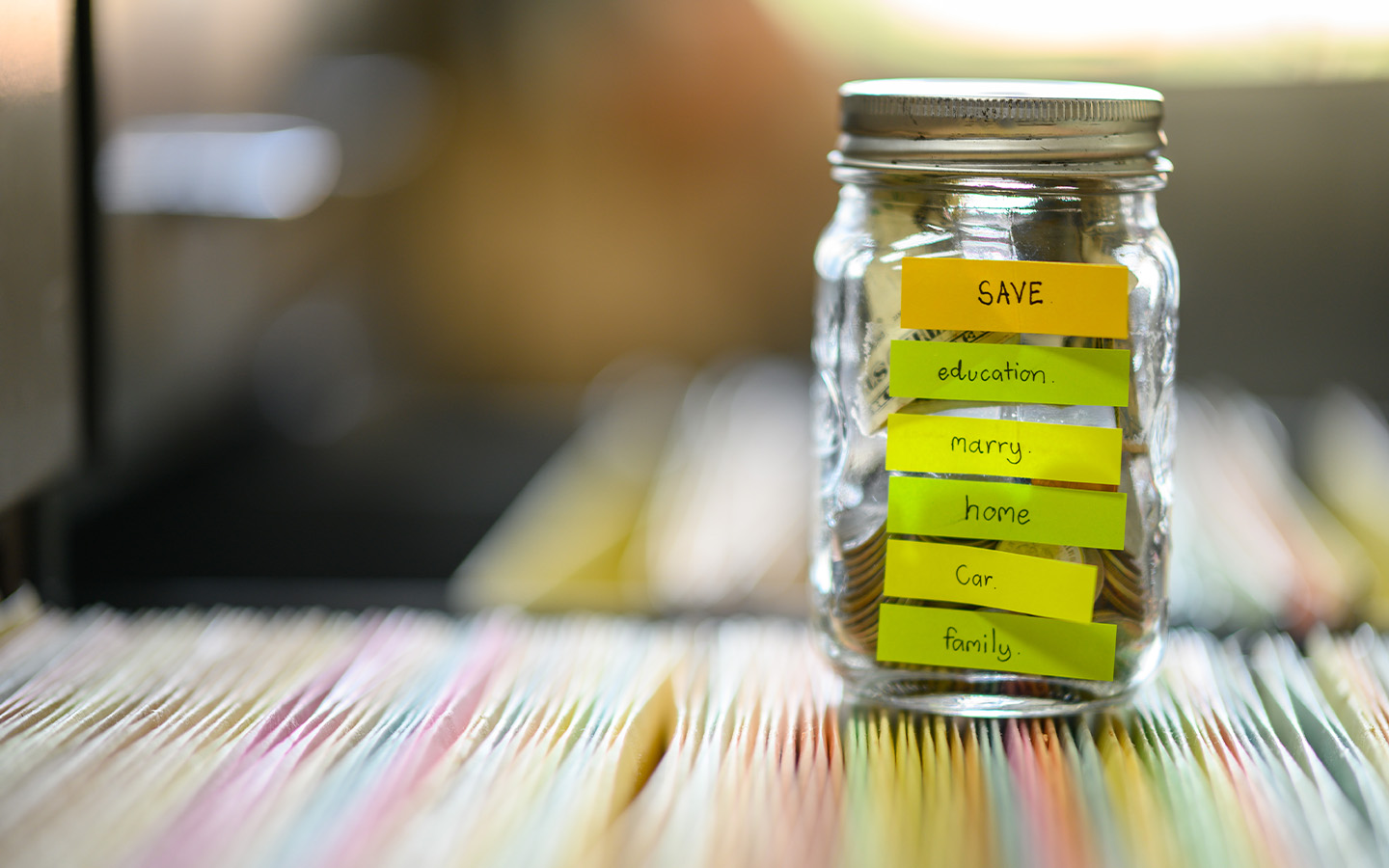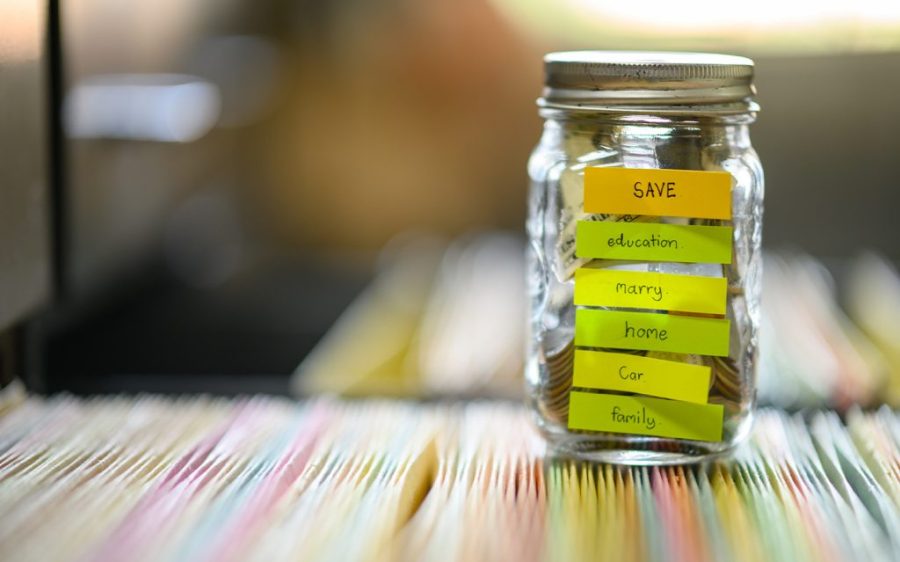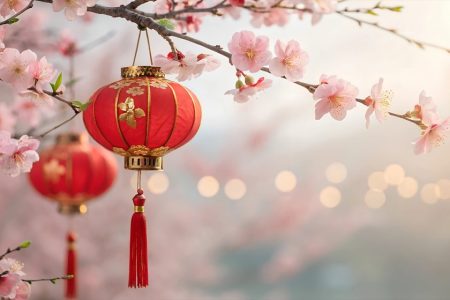Is an economic winter on its way? Some say it’s already here. The last couple of years have been particularly tough, as seismic events such as the Covid-19 pandemic and the Russia-Ukraine war have disrupted supply chains, shaken markets and fuelled inflation.
Throw in a Sino-US trade war that could weaken the spending power and willingness of mainland Chinese travellers – the lifeblood of Macao’s tourism and gambling-dependent economy – and you can appreciate why the University of Macao has cut its 2025 gross domestic product (GDP) target for the city.
Admittedly, the reduction is from 7.7 percent to 6.8 percent – numbers that would be the envy of many economies around the world – but still. In the Macao context, the decrease is significant. Macao’s top official, Sam Hou Fai, has also painted a rather gloomy picture of the government’s finances, even warning of a budget deficit if revenue from gambling taxes fails to meet targets. Small wonder that people are keeping an eye on their patacas and choosing to live more frugally.
[See more: 8 ways to live a greener lifestyle in Macao]
At the same time, it isn’t just financial prudence that’s driving growing global interest in the frugal lifestyle. “Underconsumption core,” to give it its fashionable name, has won a following from China to Indonesia, India and further afield, driven by a desire to live more mindfully and sustainably. It’s Gen Z’s rejection of the rampant consumerism responsible for many of the world’s social and environmental woes.
Need or want to spend less yourself? Here are eight ways that you can live frugally in Macao.
1. Shop at a secondhand store
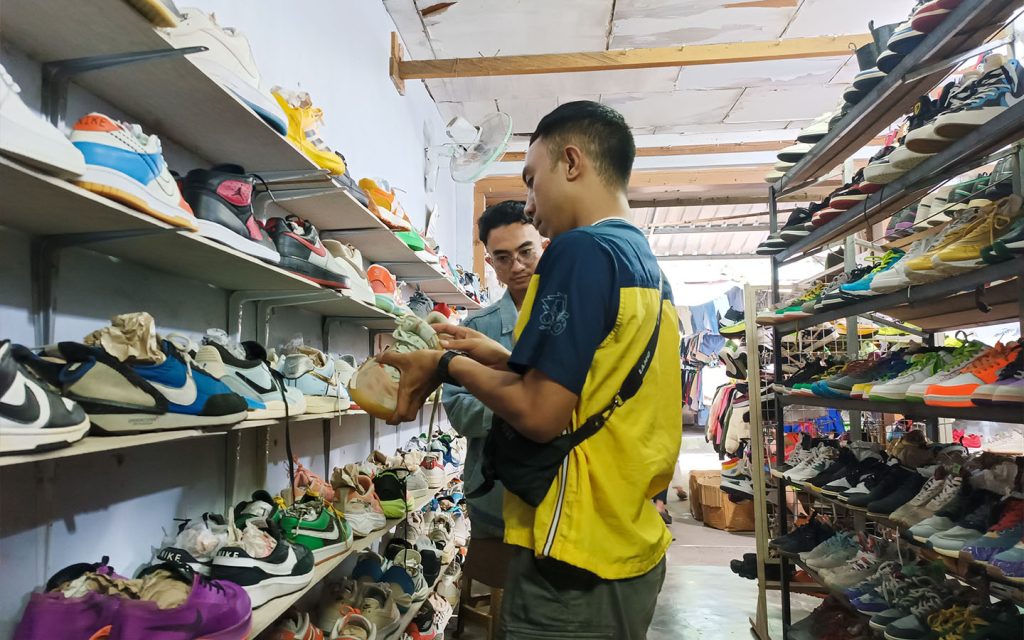
Macao is home to a number of charity shops that sell a range of affordable used and new products such as clothing, hats, toys, books, furniture, cutlery and electronics, which have been donated by the public.
One of the biggest secondhand stores in the city is the Happy Market Social Enterprise, which was established in 2015 by the Fuhong Society of Macau, a non-profit social service organisation whose goal is to assist people with intellectual disabilities and mental illness. By shopping here, you won’t just be cutting costs, you’ll also be reducing waste, as well as supporting disadvantaged individuals who are given employment opportunities by the store.
The Salvation Army Family Store is another secondhand shop that’s worth visiting, as there are plenty of bargains to be found here. Recycled clothing and shoes dominate the racks, although you’ll also find some toys and books.
[See more: 5 places to donate used clothing in Macao]
Also worth mentioning is the Good Fortune Charity Shop, which was established in 2011 by Caritas Macau, a charitable social welfare organisation that helps disadvantaged groups and individuals. The store has two levels, a ground floor that sells clothing, sundries, backpacks, bags, electrical appliances and shoes,as well as a first floor that is packed with clothing (costing as little as 10 patacas a piece), and supplies and toys. Much like the other op-shops in Macao, proceeds from the Good Fortune Charity Shop will go towards charitable causes.
2. Visit local hawker markets
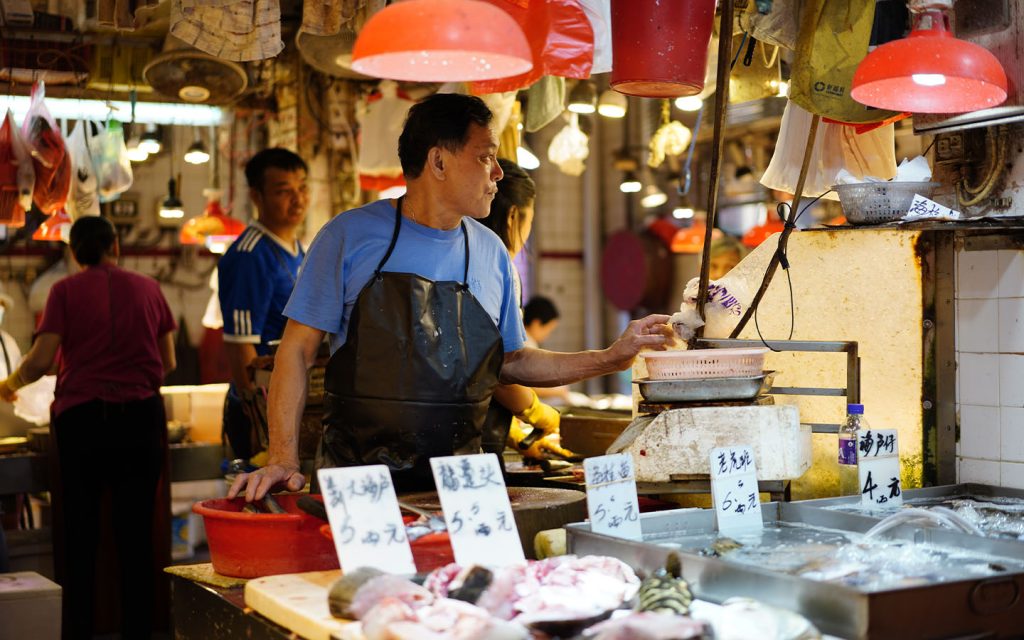
If you’re looking for competitively priced food, clothing and other knickknacks, the local hawker markets are definitely the place to go. For markets that mainly offer fresh produce, check out Rua de Fernão Mendes Pinto, Fai Chi Kei, Rua da Emenda, Bairro Iao Hon, São Lourenço and the Municipal Market of Almirante Lacerda.
For clothing, make a visit to the hawkers around the São Domingos Municipal Market Complex. Those looking for something to fill their stomachs should also give the hawker market near Horta e Mitra Market a try.
[See more: Treasure hunt: Where to shop for vintage fashion in Macao]
Apart from their low prices, the best part about these hawker markets is that most are located in residential areas, meaning that you’ll find yourself in proximity to other affordable retailers as well as restaurants.
More information about the locations of the various hawker markets and their opening hours can be found here.
3. Enjoy free entertainment from public libraries
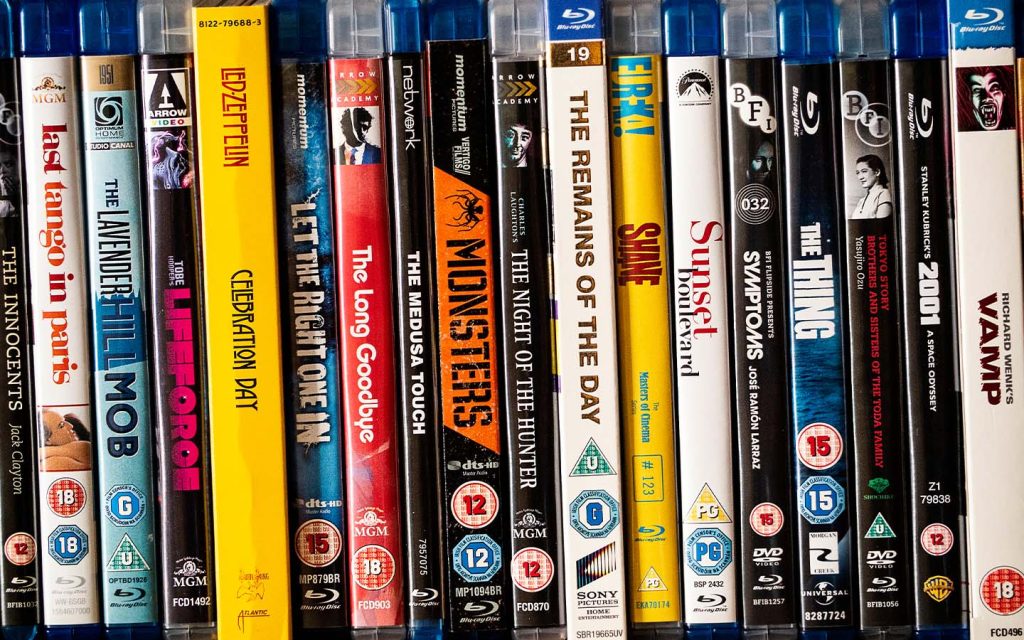
Before you make a wisecrack about extinct media, DVDs and Blu-ray discs are enjoying a resurgence, thanks in part to “streaming anxiety” – the fear that you won’t always be able to find your favourite content on the cloud because streaming platforms are continually changing their offerings.
If you feel like enjoying a physical version of your favourite movies, you can borrow DVDs and Blu-ray discs for free from the Macao Central Library, Sir Robert Ho Tung Library, Taipa Library and Seac Pai Van Library. This is quite a money saver, as they can cost 300 patacas or more to buy when new.
If you’re looking for a very large collection of movies that span different countries and genres, the Patane Library is particularly recommended. Here you’ll find classics such as Spartacus and Harakiri, as well as more contemporary offerings such as In the Mood for Love and The Fabelmans.
While we’re on the subject of good old fashioned pastimes, how about a book? New paperback titles are priced anywhere between 100 to 200 patacas in Macao, but again they’re free to borrow at any of the 15 public libraries scattered across the city.
4. Shop at discount retailers
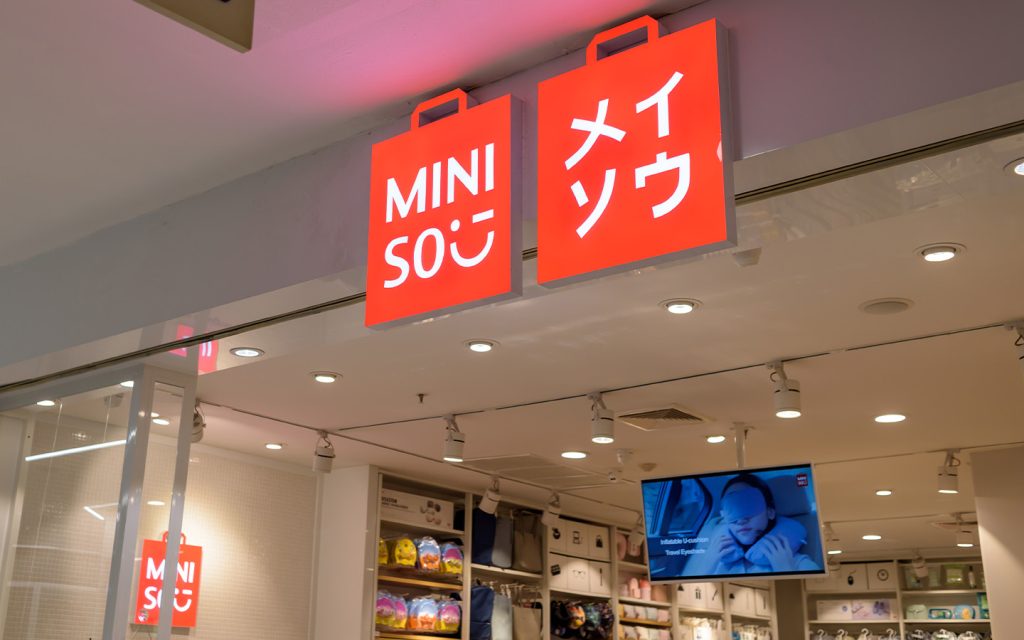
Shopping in Macao doesn’t have to leave a large hole in your wallet, as there are plenty of discount variety stores in Macao that sell affordable household goods, toys, stationeries and miscellaneous products.
One popular local brand is Loja Preco Unico Kuan Ka Tin (均價店), which has branches in several areas including Rua da Praia do Manduco, Avenida de Horta e Costa, Rua Cinco do Bairro and Rua de Joao Lecaros.
Other well-known variety chains in Macao include the popular Japanese 100-yen store known as Daiso, which currently has 17 locations across the city. Here you’ll find a variety of items such as household items, toys and gifts that are priced from just 15 patacas. Visit the three-storey flagship store in the Sun Star Castle Building near Senado Square for the most choice.
Miniso, a Chinese-brand of variety stores, has also been gaining ground in Macao in recent years, opening stores in various locations, including the Venetian, Rua da Pérola Oriental and Rua de Fernão Mendes Pinto. Unlike other discount variety stores, Miniso has leaned heavily on the sale of licensed products based on brands such as Disney, Marvel, Hello Kitty and Minions, allowing customers to enjoy affordable products based on their favourite characters.
5. Shop on Taobao
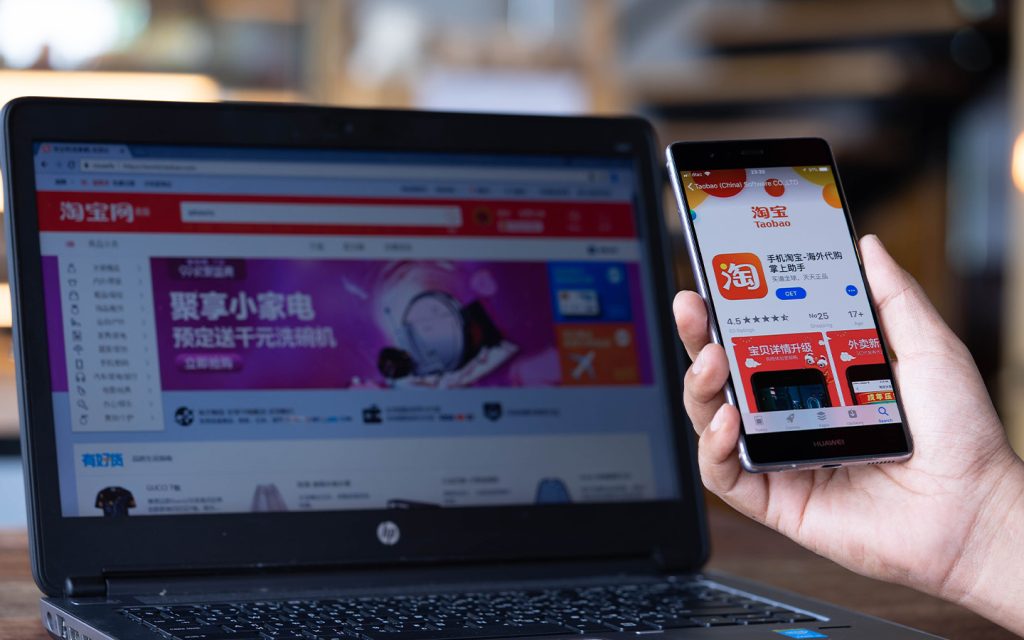
As China’s premier online shopping platform, Taobao is renowned for its incredibly low prices and offers everything under the sun, whether it be food products, makeup kits, clothing or mobile phones. (Granted, not all the goods are of the highest quality, so be sure to read the reviews carefully before making any purchases.)
In the past, some international buyers were forced to use translation tools to navigate the app due to a lack of an English language option. However, the platform has since introduced an English platform, making it much more accessible for non-Chinese users.
[See more: You can now buy a ticket to outer space on Taobao]
Delivery to Macao from the mainland has also been made more convenient than ever before thanks to the expansive network of Cai Niao, Wofeng, Tdaso and AY Express package pickup points.
6. Eat at a local food centre or cha chaan teng
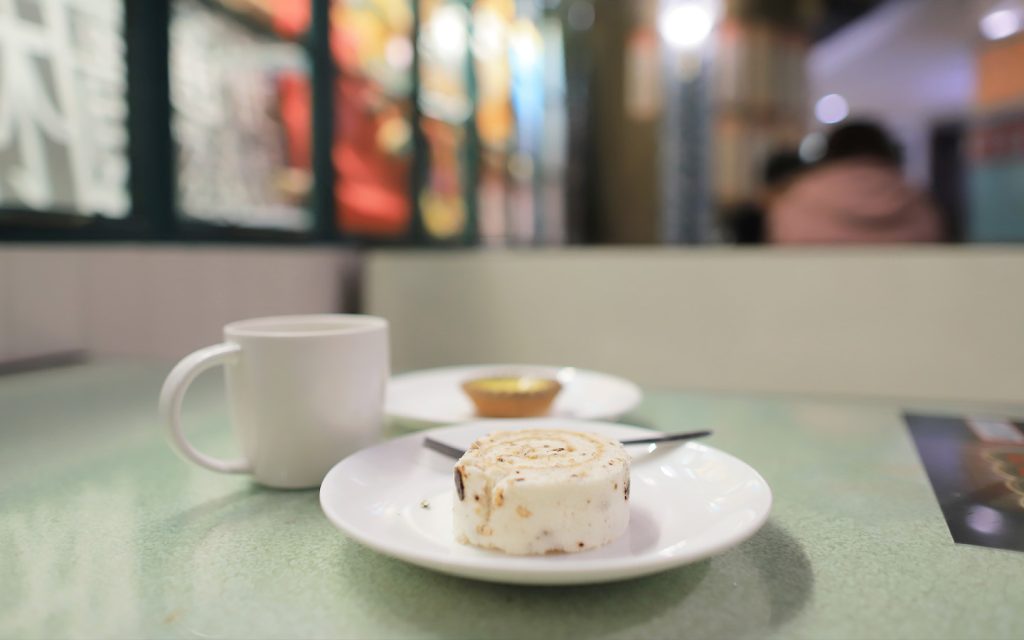
Eating out in Macao can leave a serious dent in your bank account if you don’t choose your restaurants wisely. To get the best bang for your buck, consider visiting any of the four local food centres that are located within the complexes that house the Iao Hon Market, the Patane Market, São Domingos Market and São Lourenço Municipal Market.
Much like the hawker centres in Singapore, the food centres in Macao have plenty of competitively priced and delicious food options. For instance, at the São Lourenço food centre, some of the many offerings you’ll find include a range of soup noodles for less than 30 patacas, red bean and radish cakes for 4 patacas, and a bamboo steamer of xiaolongbao (soup dumplings) for 18 patacas. If that’s not enough, there’s Fun Kei tofu pudding, which costs 9 patacas for a small serving and 14 patacas for a large one.
Similarly, the São Domingos Market houses local cafes and noodle shops that serve different types of bread and noodle dishes that cost between 15 to 30 patacas.
[See more: Dine like Chef Simon Li at the Mercado de S Domingos]
Cha chaan teng or Hong Kong-style cafes are also a popular option among locals who are looking for affordable and quick dining experience. There are literally dozens of these restaurants scattered across Macao, with the Macao Government Tourism Office listing some of their notable ones on its website. Prices can vary depending on the location, although you can expect to pay anywhere between 40 to 60 patacas for a meal with a drink. Set meals are generally cheaper, but the downside is you have less freedom in your options.
Although Macao’s cha chaan teng are not all that different from their Hong Kong counterparts, there are some Macanese and Portuguese inspired dishes, including chicken rice pilau (Mo Lo Gai Fan, 摩羅雞飯), African chicken rice (非洲雞飯) and Portuguese chicken rice (葡國雞飯).
7. Look for bargains using the Price Information Platform (澳門物價情報站)
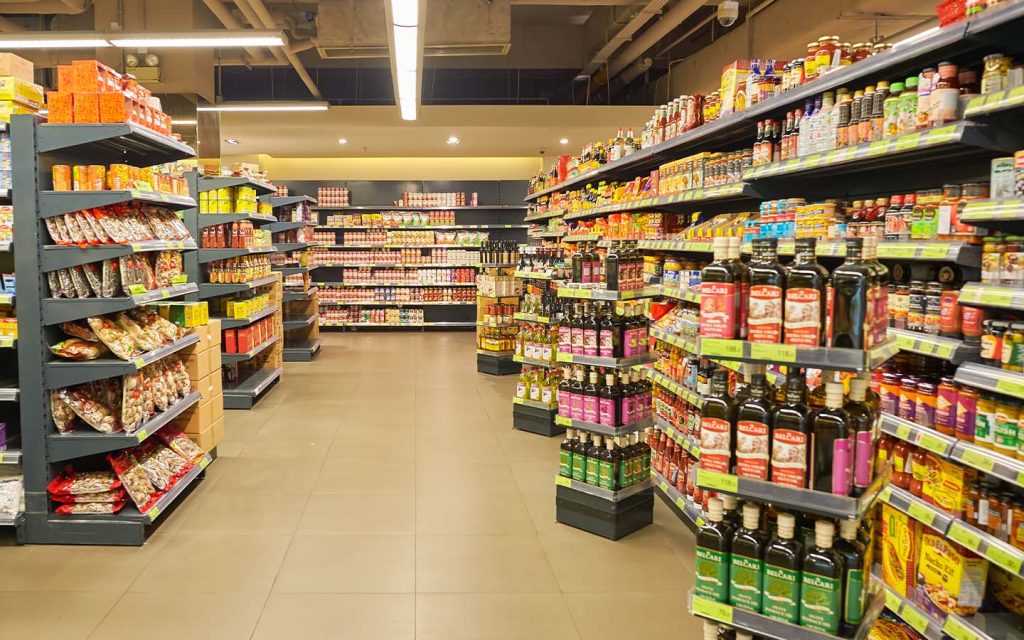
The Macao government’s Price Information Platform, which is available as a website and mobile app, is perfect for those who are looking to reduce cost of living pressures by hunting for bargains. One function, which is updated every Wednesday, allows you to compare the prices of essentials such as cooking oil, rice, beverages and paper products across major supermarket chains within a 400-metre radius.
The platform also has price rankings for Macao’s various supermarkets and specific types of pork, eggs, chicken and other essentials. For motorists, there is also a page that compares the prices of different fuels across the city’s major service stations, although this page is not updated periodically.
8. Find bargains via Facebook’s Macao buy and sell groups
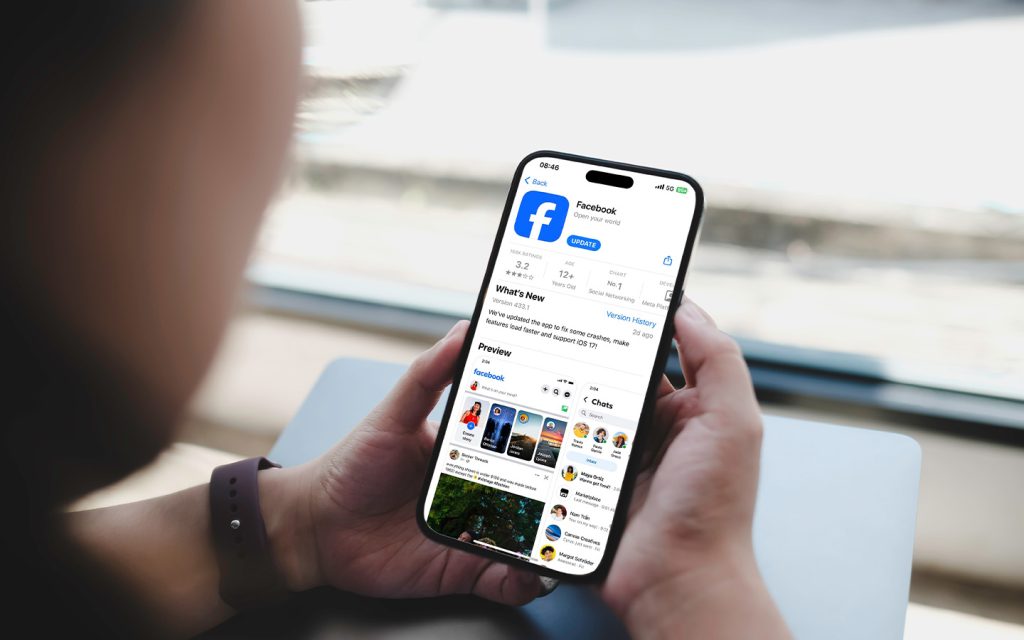
There are plenty of Macao-based buy and sell groups on Facebook that offer new and pre-loved bargains, as well as services. Often things are given away for free if you’re willing to go and collect them.
Here are some of the more popular local English-language ones that are worth checking out.
ByeBye ZAIA
With some 24,100 members, ByeBye ZAIA is a popular Facebook buy and sell group based in Macao that is aimed at “helping Macao newcomers and people who are leaving Macao to make their lives easier.” The group is well-maintained, with clear guidelines for the posts, which must be in English and adequately describe items being put on sale. An assortment of goods can be found on ByeBye ZAIA, including used electronics, clothing and knick knacks.
Macau Selling Items
Featuring around 22,600 members, Macau Selling Items has been running since 2017, attracting sellers that offer everything from food items, accessories to electronics and watches.
Macao Buy and Sell
Macao Buy and Sell is an English language group with around 4,500 members that offers a wide range of used and new goods ranging from clothing to electronics. The group is quite active, with posts made on a daily basis, meaning you’ll never be short of items to choose from.
Macao second hand book market (澳門二手書市場)
Perfect for the bookworms in Macao, Macao second hand book market currently has roughly 17,100 members and sells both Chinese and English-language books. Non-Chinese speakers may need to use a translation app as the posts are made in Chinese, although each one is accompanied by a picture.
